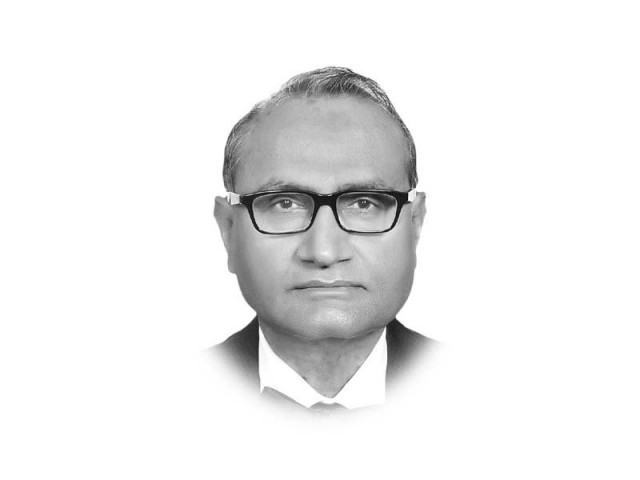Palijo saeen
Politician Rasool Bakhsh Palijo breathed his last on June 7th 2018

pervez.tahir@tribune.com.pk
In the exclusionary period of General Ziaul Haq, many had to exit. Palijo saeen, as we fondly called him, also spent some time in England. I chose the time to complete my education. Farzana and Sarwar Bari’s flat in the William Goodenough House in London served as our own version of the Paris Commune. I was at Cambridge working towards a PhD. Nearly every weekend, I would take the train to London for political catharsis. Palijo saeen’s appearance on the scene raised the quality of discussion several-fold. He had an eye for detail and the extraordinary ability to bring the participants towards his own line of thought. Oftentimes I, a habitual doubter, found myself drifting towards ideas whose time, I used to think, had not come. What surprised me was his interest in the latest developments in economic thought. He would interrogate me for hours, ending up satisfied that Marx’s understanding of capitalism still had no parallel.
Jam Sadiq Ali’s place in London was a hub of politicians, traditional and radical. He had the knack of pulling any leg he could lay his hand on. Jam Sahib would chide Palijo saeen for being a talk-talk revolutionary, declaring Fazil Rahu, the secretary general of the Awami Tehreek, the party founded by Palijo saeen, the real action man. In one of these jovial sessions, I asked Jam Sahib about his public reputation of an indiscriminate encroacher when he was Sindh’s local bodies minister during the time of Mr Bhutto. Mr Bhutto was reported to have told Jam Sahib to spare the mazar of the Quaid-e-Azam. To my ‘did he really’ query, Jam Sahib replied in the affirmative. “What did you say in reply,” I asked. “No one has applied, saab,” he had told Mr Bhutto. His life was full of ironies. He was imprisoned by Mr Bhutto for being a defence lawyer for the leadership of the banned National Awami Party. Later, he was sent behind bars by General Zia for protesting Mr Bhutto’s hanging.
Lately, there are chauvinistic attempts in Punjab to revive the case for Kalabagh dam. In 2005, when Musharraf thought he had the power to build it, Palijo saeen led a million march to stop him. He had done it before in 1991 and 1995. One of his 30-odd books was on water issues. We may have seen the last of the scholar-politicians.
Published in The Express Tribune, June 15th, 2018.
Like Opinion & Editorial on Facebook, follow @ETOpEd on Twitter to receive all updates on all our daily pieces.

















COMMENTS
Comments are moderated and generally will be posted if they are on-topic and not abusive.
For more information, please see our Comments FAQ